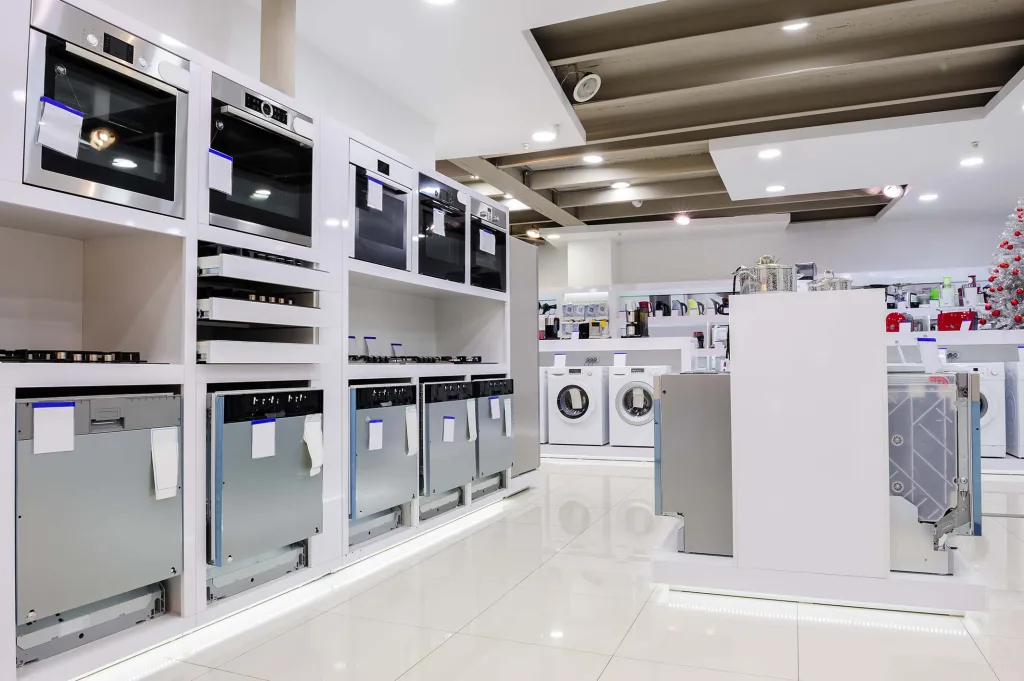

The Department of Energy (DOE) finalized regulations Tuesday for a popular appliance that will push the market toward adopting heat pump technology.
The DOE’s final energy efficiency regulations for water heaters will apply to common electrical water heaters and significantly increase the share of those models that use heat pumps, according to the agency. The DOE has spearheaded the Biden administration’s efforts to push rules and regulations targeting appliances ranging from pool pump motors and lightbulbs to furnaces and portable generators.
“Almost every U.S. household has a water heater, and for too long outdated energy efficiency standards have led to higher utility bills for families,” Secretary of Energy Jennifer Granholm said in a statement about the new rules. “The Biden-Harris Administration is continuing to put American consumers first with new, effective rules—supported by industry—that save both energy and money.”
REPORTER:
“We’ve seen them go after gas stoves…how many more home appliances will Americans eventually have to replace?” pic.twitter.com/JgjQyiPGK0
— Daily Caller (@DailyCaller) July 24, 2023
The new standards will lead to more than 50% of all newly-manufactured electric water heaters to use heat pump technology, a massive increase from the 3% seen in the market today, according to the DOE. Compliance with the new rules will be required starting in 2029.
The DOE’s new rules will require a “moderate” increase in the efficiency of gas-fired water heaters, the agency said. The DOE is still working on its efficiency standards for gas-powered water heaters, which are not included in Tuesday’s rulemaking action.
The agency says that the regulations will save Americans a combined $124 billion on energy bills over the next three decades and reduce emissions by an equivalent amount to the emissions generated by 43 million homes in one year. While the DOE considers models with heat pumps to be an important part of decarbonizing America’s building stock, those particular models tend to cost about $1,000 more up front than some alternatives and do not work as well in cold climates, according to Forbes.